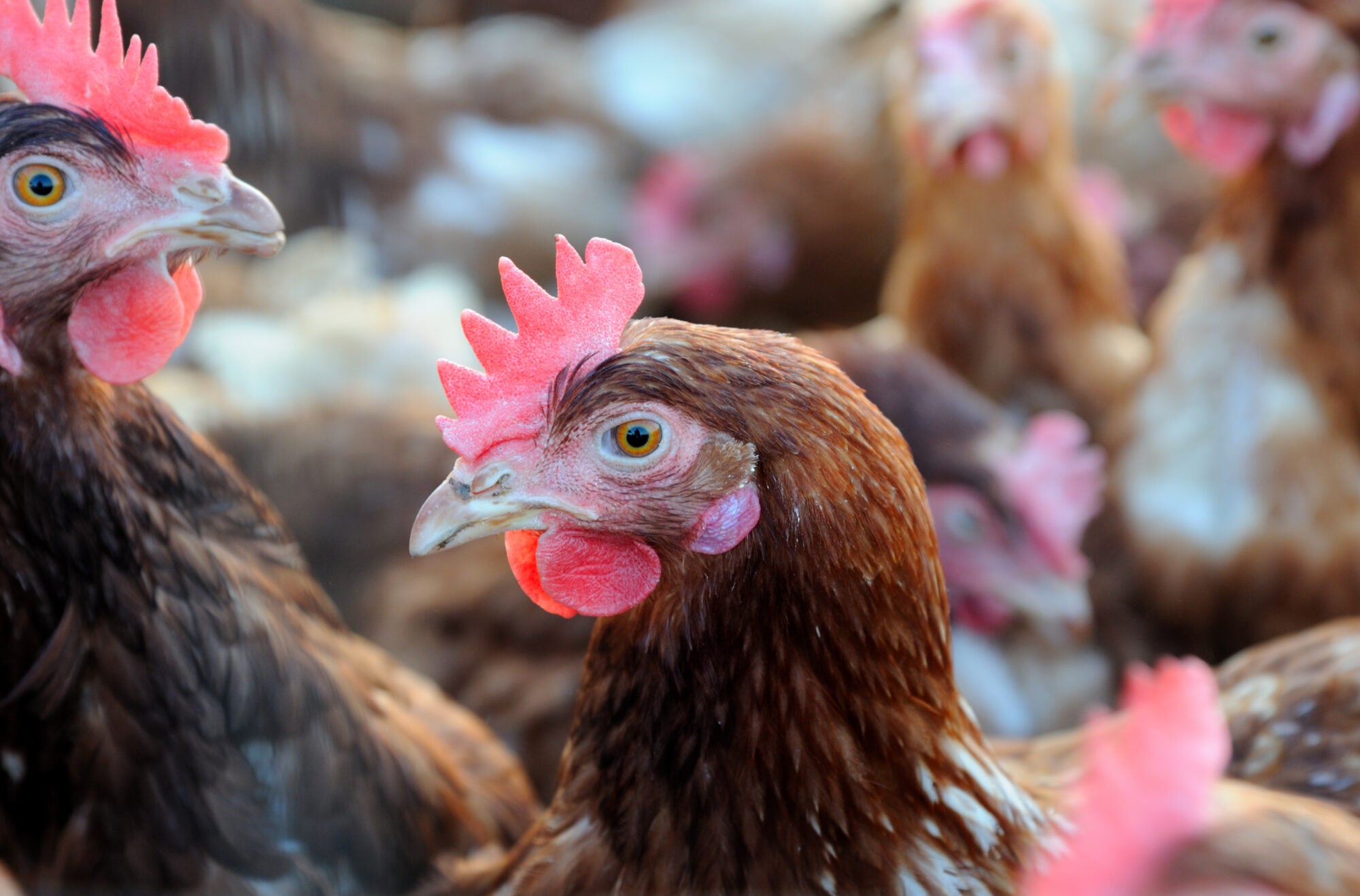
BANGKOK—Japanese restaurant Akiyoshi announced all its restaurants in Bangkok will exclusively use eggs laid by hens enjoying cage-free environments. This strategic decision will improve the lives of over a thousand hens each year, marking a significant advancement in animal welfare within Akiyoshi’s food supply chain, in alignment with the organisation’s ethos of responsible sourcing. The restaurant’s policies apply to all branches in Bangkok and will include any new operations as the company expands.
Akiyoshi’s leadership swiftly pivoted towards eggs from hens with room to roam following strategic dialogues with Humane Society International, spurred by a shared commitment to alleviate the suffering of hens enduring cage confinement.
“At Akiyoshi, we create simple food under unique concepts of taste, quality, and top-class offerings and care about where our ingredients come from. Switching to using 100% cage-free eggs is an important decision for us because it fits with who we are and is what our customers want.” said the executive management team at Akiyoshi.
In 2022, Thailand kept 96.3 million egg-laying hens, typically confined in wire cages so small that they cannot spread their wings. Cage-free production systems provide a much higher level of welfare, allowing the hens to express their natural behavior, including ground scratching, pecking, laying their eggs in nests, perching, and fully spreading their wings, all of which are scientifically documented behavioral needs. Raising hens without putting them in cages allows hens to develop and express their behaviors freely and naturally.
“By granting hens the freedom to live and move without extreme confinement, Akiyoshi is accelerating the charge in creating a more compassionate food industry. This change isn’t just about eggs; it’s about honoring the inherent value and dignity of every hen in our food system.” shared Lalada Tangjerdjaras, Thailand Program Manager for HSI.
HSI’s work to improve the welfare of animals in agriculture is both science-based and collaborative. The organization works with companies, farmers, processors, scientists and certifiers to support a transition to cage-free housing systems and offers a wide range of support to companies including farm visits, consumer education and corporate roundtables and workshops to enhance their supply chains.
ENDS
Media contact: Lalada Tangjerdjaras, Thailand Program Manager for farm animal welfare and protection at Humane Society International, ltangjerdjaras@hsi.org






